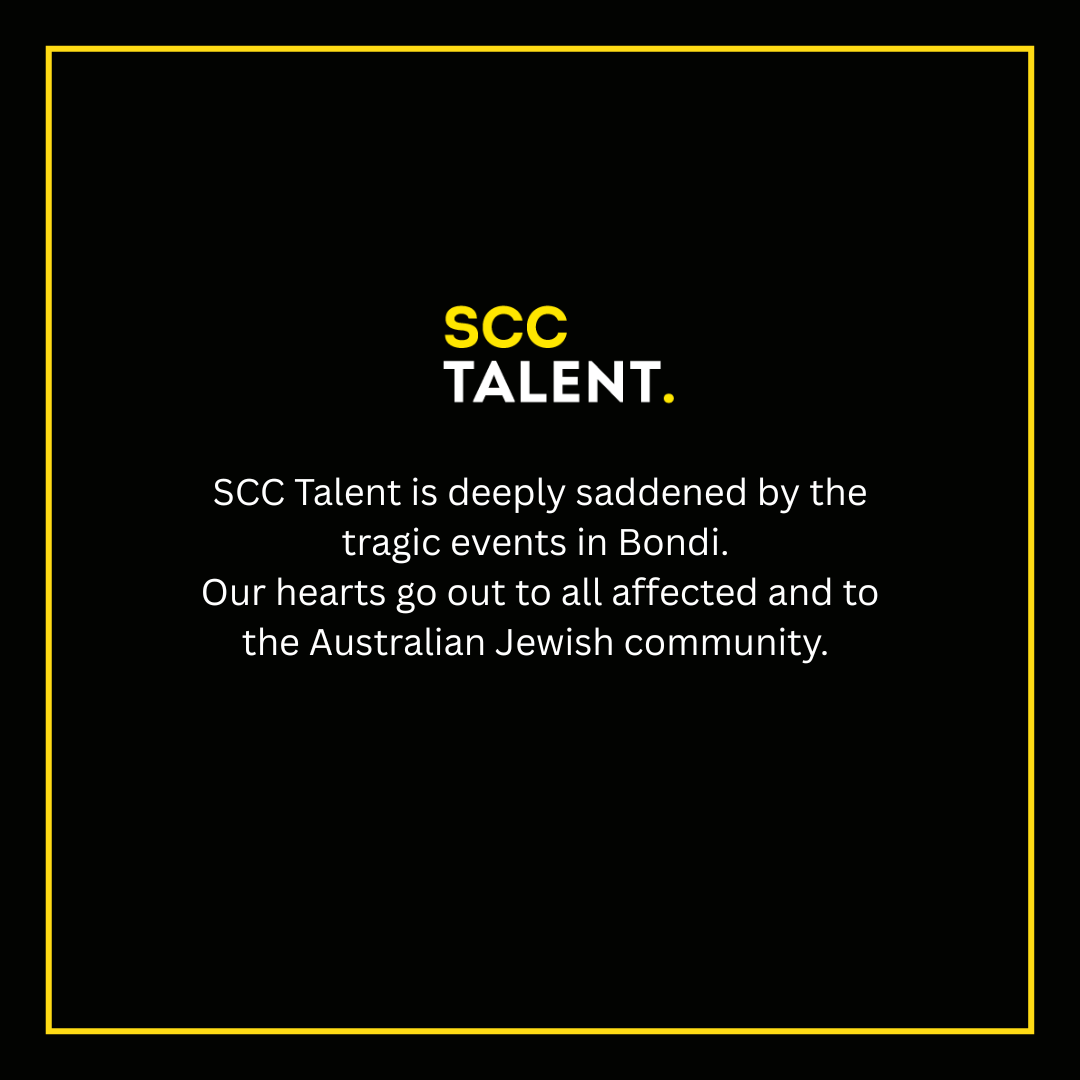News
Melbourne
80 Dorcas Street, Southbank, VIC 3006
Sydney
Northpoint Tower
Level 40, 100 Miller Street
North Sydney NSW 2060
Let's do this.
Sign-up for latest job alerts, market insights and career advice delivered straight to your inbox.
Footer Subscribe Form
Thank you for your subscription..
Oops, there was an error sending your message.
Please try aOops, there was an error sending your message.
Please try again later.gain later.
SCC TALENT acknowledge the Traditional Custodians of the land where we work and live and their connection to land, sea and community.
We pay our respect to Elders past, present and emerging, and extend that respect to all Aboriginal and Torres Strait Islander
peoples.
SCC Talent © 2023 All rights reserved | Made with 💛 by Shazamme










